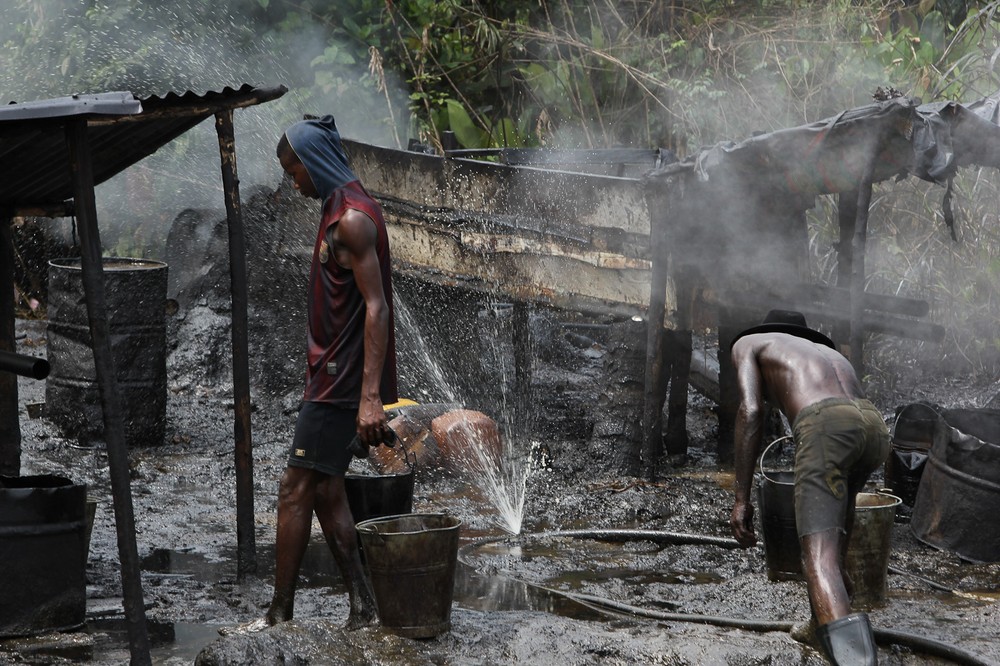NEWS
Nigeria lost $1.84bn in petroleum oil theft over nine years

The Executive Secretary of the Nigeria Extractive Industries Transparency Initiative (NEITI), Dr. Ogbonnaya Orji, disclosed that Nigeria lost $1.84 billion worth of petroleum products over nine years due to oil theft.
Dr. Orji revealed this information during the opening ceremony of the 2024 NEITI board retreat in Lagos. He stated that between 2009 and 2018, 4.2 billion liters of petroleum products were lost from refineries due to oil theft, equivalent to 140,000 barrels per day. These losses were part of a larger trend, with Nigeria’s total crude oil theft losses over a 12-year period amounting to 619.7 million barrels valued at $46.16 billion.
In response to the increasing rate of oil theft, the previous administration had set up a special panel to study the situation. NEITI made recommendations on ways to stop oil theft and urged the current administration to implement these recommendations.
The retreat provided an opportunity to discuss strategies to address challenges such as oil theft, illegal mining, and pipeline vandalism, which contribute to revenue loss and reduced investment opportunities.
On the topic of energy transition, Dr. Orji expressed concern about the global shift from fossil fuels to renewable energy, which threatens Nigeria’s oil-dependent economy. He highlighted that in 2021, crude oil and gas accounted for 46% of energy use and 78% of electricity generation in Nigeria. The transition would require significant financial investment to generate renewable energy to replace carbon fuels, in addition to closing the country’s current energy supply gap.
Governor Babajide Sanwo-Olu of Lagos State, represented by Commissioner for Energy Biodun Ogunleye, emphasized the need to review existing laws that give the Federal Government control over oil and mineral resources. He called for greater engagement between the Federal Government, private sector, and sub-national governments to develop Nigeria’s natural resources and promote investment in the extractive industry.
Sanwo-Olu stressed the importance of collaboration in areas such as solid minerals development, environmental sustainability, and energy efficiency to harness the benefits of global extractive industries transparency.





















